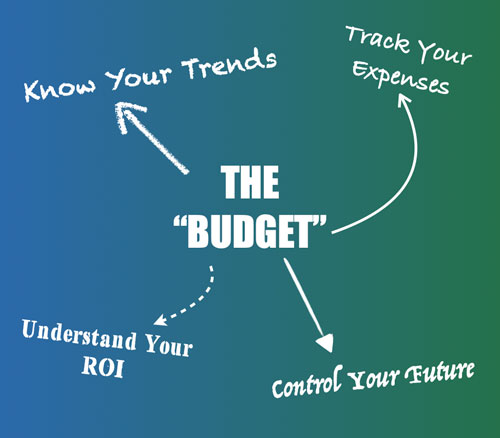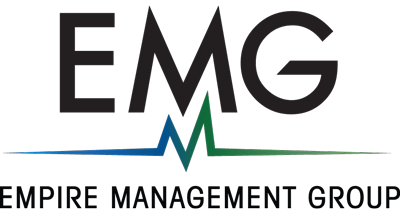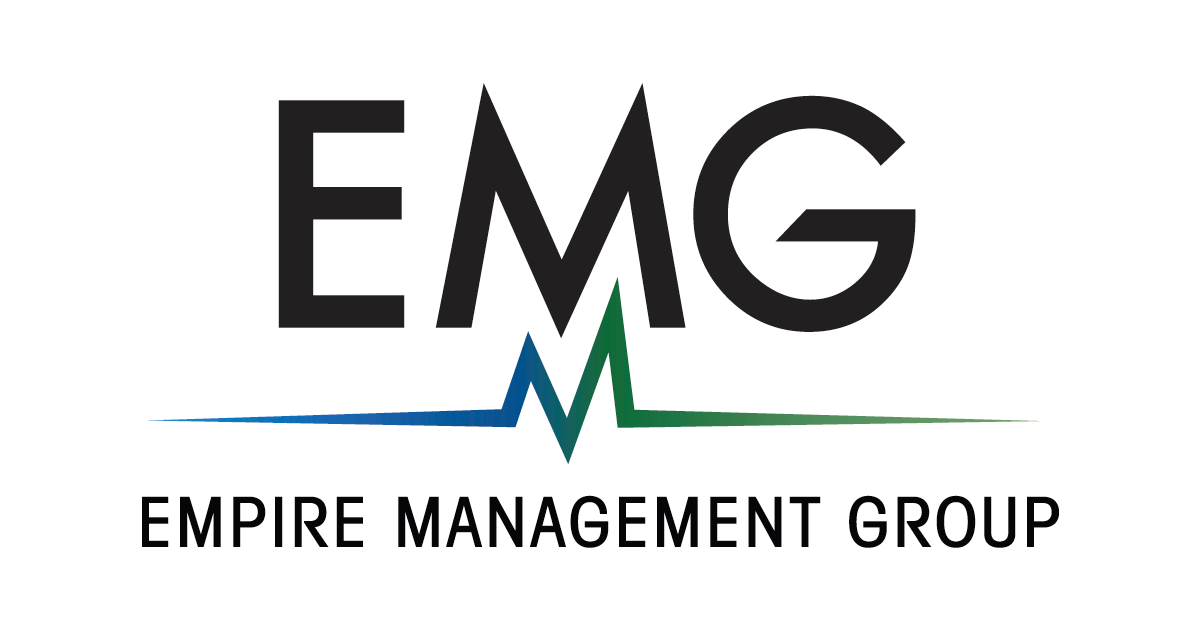
Thank you for joining me for this three-part series on Medical Practice Budgeting! I am very excited to show you the beautiful world of budgeting. This series is geared toward newcomers to the budgeting realm who wish to learn a little bit more about building their first budget, and those who have some experience with budgeting and want pointers to take their budgets to the next level. In this first part of the series, we will explore four reasons why your medical practice needs a budget. In Part 2, we will review the mechanics of how to put together a budget from a historical data perspective. And lastly, in Part 3, we will dive into more advanced techniques of building a budget from a forecasting point of view.
Does my practice need a budget?
Governments and public agencies have budgets; large corporations have budgets; even most households have a budget, but what about your practice? Should you have a budget? The answer is a definitive “YES”! Regardless of your practice’s size, having a budget can benefit you and the health of your business in several different ways. From monitoring historical trends and watching your expenditures, to achieving a certain return on investment (ROI) and planning for the future, budgeting is a tool that can help you achieve important business objectives.
Cash Outflow – Know where your money is going
Let’s start with one of the most basic reasons people and companies develop a budget; expenditure monitoring. Cash outflow/expenditures can be a big problem for practices that don’t have a budget. Have you ever thought “I would really like to purchase this, but I’m not sure if we can afford it or what other things are coming up that we have to pay for in the near future?” A budget will organize all of your annual expenses and help you keep track of when they will occur, thus helping you and your practice have a better idea of what your regular cash outflow looks like. Not only that, but a budget will also help predict your cash INFLOW (revenues) so you know what additional expenses you can afford and when.
Trends – Know what has changed
Once you start to get a few months of budgets under your belt, you will start to notice something: trends. Trends are a good way to continually monitor how your practice is growing. Having a budget in place based on historical trends will help you identify areas of growth or potential problem spots. For instance, if you typically spend around $20,000 a month for payroll and you make this your monthly budget for payroll allotment, you will certainly notice if you start spending $25,000 a month. Now, changes like this can indicate a problem, such as employees working excessive overtime for no reason, or can indicate growth, such as hiring a new employee or two to handle increasing patient volume. If you hadn’t taken the time to create a budget and identify these trends, changes like this could go unnoticed leaving you scratching your head as to why you suddenly had more or less income than you thought you should. The real benefit here is information. With the increase in accurate and timely information from budgeting, you and your practice can make more informed, strategic decisions that will ultimately be better for your practice.
ROI – Get your money’s worth
While the first two benefits of budgeting mentioned above address the basics of why to build a budget, there are other reasons a budget can be useful once you have the basics down. If you have ever attended a business seminar or conference, you have likely heard the term “Return on Investment,” or “ROI.” Although the details of ROI and how to calculate it are beyond the scope of this particular article, it is helpful to understand the basic definition. At its core, ROI is simply a way to measure how much income or loss a particular investment will generate. For the purposes of this discussion, an investment can be something small like a new marketing campaign, larger like a new piece of equipment, or significant like opening a new location. “So what do ROI and budgets have to do with one another?” you ask. The answer is “a lot.” When calculating or predicting an ROI, you will want to have a good idea of the expenditures required, as well as a prediction on the amount of income that will be coming in (sound familiar?). By including the expenditures and income from a particular investment in your budget, you will be able to monitor if your investment is performing to your expectations. Further, if you are not achieving your desired ROI, you can modify your budgets and allocate additional resources or reduce expenditures depending on the situation to get closer to your ideal ROI.
Predictions – It’s not guessing if you know the future
Finally, we come to the future! Budgets typically use data from the past to provide information and guidelines for the present, but a budget can also help predict the future and help manipulate it to your desires (within reason, of course)! By using the data you have gained from your budgeting basics, you can put together a comprehensive budget that forecasts your income and expenditures for the entire year to give you a final net profit margin. For instance, once you put together your budget, predict your revenues, and subtract your expenditures, you may be left with a net margin of 10%. Not happy with that? Make some changes! You can use your budget as a tool at the beginning of the year to see how different changes you implement can affect the result of your net profit margin. A word of caution: Make sure your expectations in this area are reasonable. Although we would all love to have a net profit margin of 90%, it generally is not reasonable to attain that goal. Do some research on industry standards or use your historical data as a guide to what a reasonable expectation will be. Remember, all practices are different, so sometimes if there are certain patient care standards you have or benefits you provide employees that you are not willing to modify, your profit margin may be different than even industry standards.
Take the first step
As you can see, putting together a well-thought-out and realistic budget is well worth the time, enabling you to make the kind of data-driven decisions that lead to business success. While it’s never too late to start budgeting, the beginning of a new year is the perfect time to look back at the past twelve months and create a plan for the future. So, if you’re ready to start budgeting, stay tuned for Part 2 of this article; “A Beginner’s Guide to Building a Budget.” And remember, it’s always a good idea to get your professional bookkeeper involved in the process. Empire Management Group is here to help should you need any pointers or guidance.





